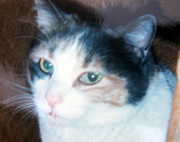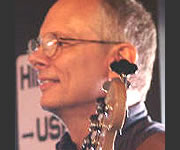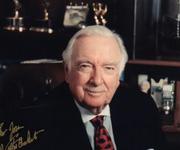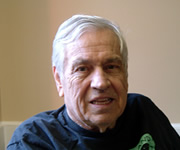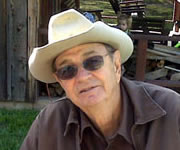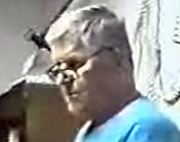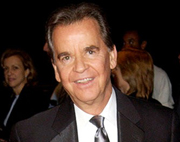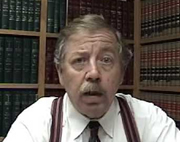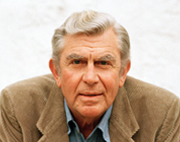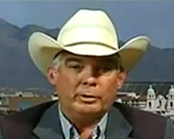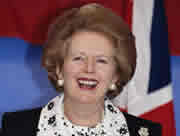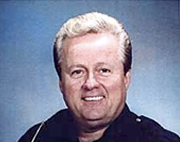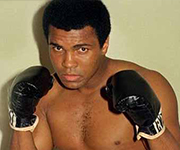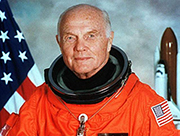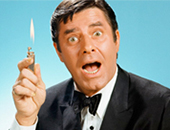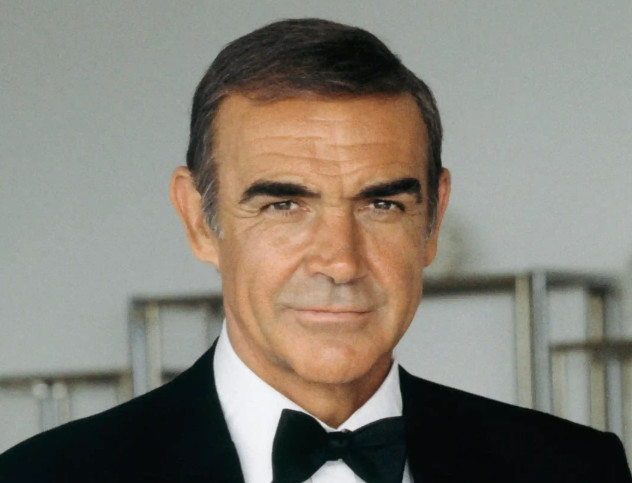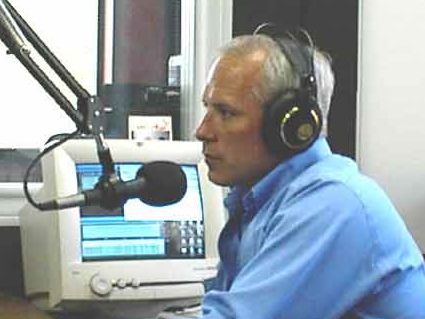Commentary: I’m an Amerikan doctor who went to Gaza!
What I saw wasn’t war - it was annihilation.
by Irfan Galaria
RAFAH, Gaza (PNN) - February 16, 2024 - In late January, I left my home in Virginia, where I work as a plastic and reconstructive surgeon and joined a group of physicians and nurses traveling to Egypt with the humanitarian aid group MedGlobal to volunteer in Gaza.
I have worked in other war zones, but what I witnessed during the next 10 days in Gaza was not war - it was annihilation. At least 28,000 Palestinians have been killed in Israel’s bombardment of Gaza. From Cairo, Egypt’s capital, we drove 12 hours east to the Rafah border. We passed miles of parked humanitarian aid trucks because they weren’t allowed into Gaza. Aside from my team and other envoy members from the United Nations and World Health Organization, there were very few others there.
Entering southern Gaza on Jan. 29, where many have fled from the north, felt like the first pages of a dystopian novel. Our ears were numb with the constant humming of what I was told were the surveillance drones that circled constantly. Our noses were consumed with the stench of 1 million displaced humans living in close proximity without adequate sanitation. Our eyes got lost in the sea of tents. We stayed at a guest house in Rafah. Our first night was cold, and many of us couldn’t sleep. We stood on the balcony listening to the bombs, and seeing the smoke rise from Khan Yunis.
As we approached the European Gaza Hospital the next day, there were rows of tents that lined and blocked the streets. Many Palestinians gravitated toward this and other hospitals hoping it would represent a sanctuary from the violence - they were wrong.
People also spilled into the hospital: living in hallways, stairwell corridors, and even storage closets. The once-wide walkways designed by the European Union to accommodate the busy traffic of medical staff, stretchers and equipment were now reduced to a single-file passageway. On either side, blankets hung from the ceiling to cordon off small areas for entire families, offering a sliver of privacy. A hospital designed to accommodate about 300 patients was now struggling to care for more than 1,000 patients and hundreds more seeking refuge.
There were a limited number of local surgeons available. We were told that many had been killed or arrested, their whereabouts or even their existence unknown. Others were trapped in occupied areas in the north or nearby places where it was too risky to travel to the hospital. There was only one local plastic surgeon left and he covered the hospital 24/7. His home had been destroyed, so he lived in the hospital, and was able to stuff all his personal possessions into two small handbags. This narrative became all too common among the remaining staff at the hospital. This surgeon was lucky, because his wife and daughter were still alive, although almost everyone else working in the hospital was mourning the loss of loved ones.
I began work immediately, performing 10 to 12 surgeries a day, working 14 to 16 hours at a time. The operating room would often shake from the incessant bombings, sometimes as frequently as every 30 seconds. We operated in unsterile settings that would have been unthinkable in the (Fascist Police States of Amerika). We had limited access to critical medical equipment.
We performed amputations of arms and legs daily, using a Gigli saw, a Civil War-era tool, essentially a segment of barbed wire. Many amputations could have been avoided if we had access to standard medical equipment. It was a struggle trying to care for all the injured within the constructs of a healthcare system that has utterly collapsed.
I listened to my patients as they whispered their stories to me, as I wheeled them into the operating room for surgery. The majority had been sleeping in their homes when they were bombed. I couldn’t help thinking that the lucky ones died instantaneously, either by the force of the explosion or being buried in the rubble. The survivors faced hours of surgery and multiple trips to the operating room, all while mourning the losses of their children and spouses. Their bodies were filled with shrapnel that had to be surgically pulled out of their flesh, one piece at a time.
I stopped keeping track of the number of new orphans on which I had operated. After surgery they would be filed somewhere in the hospital, I’m unsure of who will take care of them or how they will survive. On one occasion, a handful of children, all about age 5 to 8, were carried to the emergency room by their parents. All had single sniper shots to the head. These families were returning to their homes in Khan Yunis, about 2.5 miles away from the hospital, after Israeli tanks had withdrawn. However, the snipers apparently stayed behind. None of these children survived.
On my last day, as I returned to the guest house where locals knew foreigners were staying, a young boy ran up and handed me a small gift. It was a rock from the beach, with an Arabic inscription written with a marker: “From Gaza, With Love, Despite the Pain.” As I stood on the balcony looking out at Rafah for the last time, we could hear the drones, bombings and bursts of machine-gun fire, but something was different this time. The sounds were louder, the explosions were closer.
This week, Israeli forces raided another large hospital in Gaza, and they’re planning a ground offensive in Rafah. I feel incredibly guilty that I was able to leave while millions are forced to endure the nightmare in Gaza. As an Amerikan, I think of our tax dollars paying for the weapons that likely injured my patients there. Already driven from their homes, these people have nowhere else to turn.
Irfan Galaria is a physician with a plastic and reconstructive surgery practice in Chantilly, Virginia.


